The night sky in February
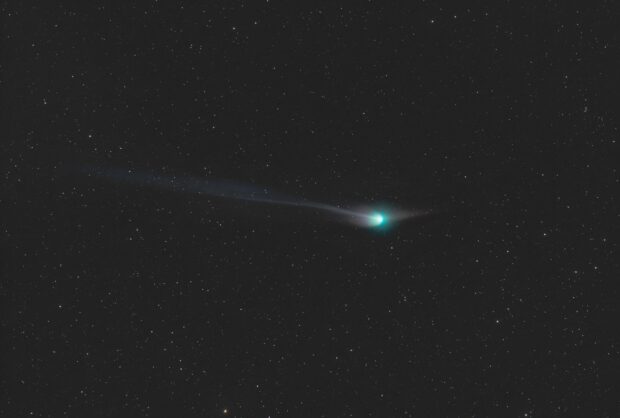
This month provides a great chance to see a comet and watch Venus and Jupiter appear to move towards each other.

This month provides a great chance to see a comet and watch Venus and Jupiter appear to move towards each other.
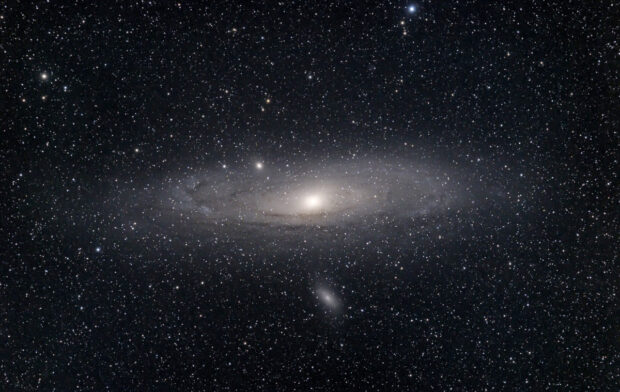
This month there is a chance to see all of the planets in our Solar System, as well as the Pleiades star cluster, Andromeda galaxy, and a comet!
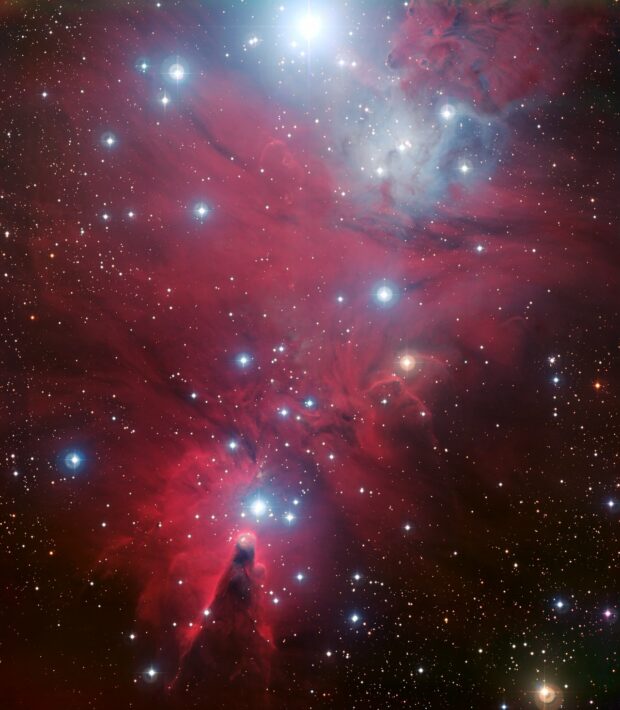
December brings the winter solstice towards the end of the month, bringing the shortest day and longest night of the year. This marks the start of astronomical winter – and provides plenty of hours of darkness for stargazing!
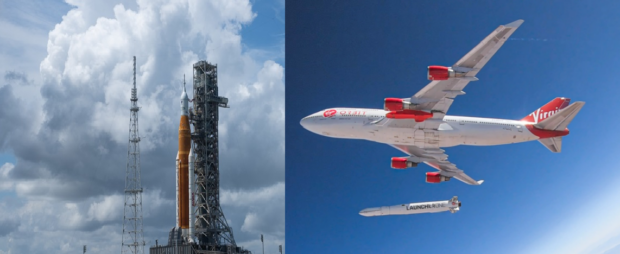
The night skies of November are a great opportunity to see Mars, Jupiter and Saturn, two meteor showers, and a host of bright stars.
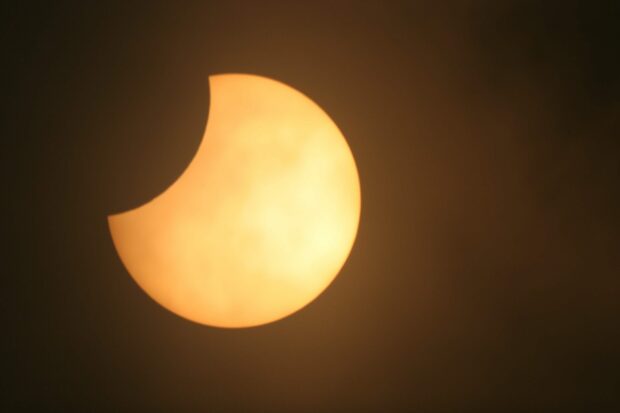
September brought that first icy night under the stars since March, and it’s always a mixed experience!
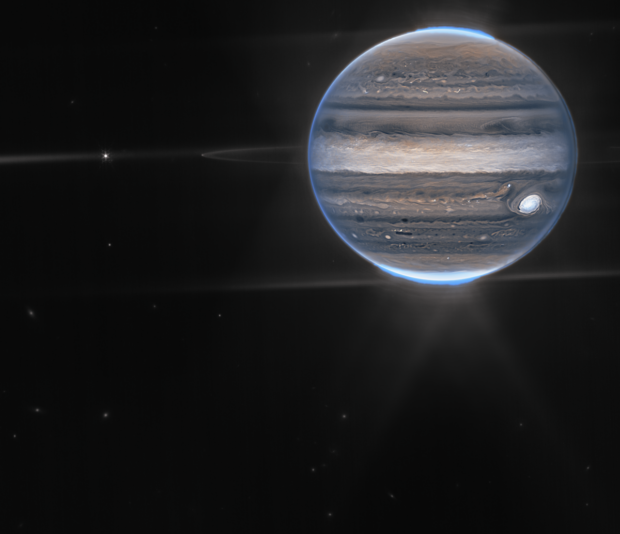
Some of the most beautiful sights in our night skies are visible through September, and if you can get away from the bright lights of towns and cities there are some real treats in store.
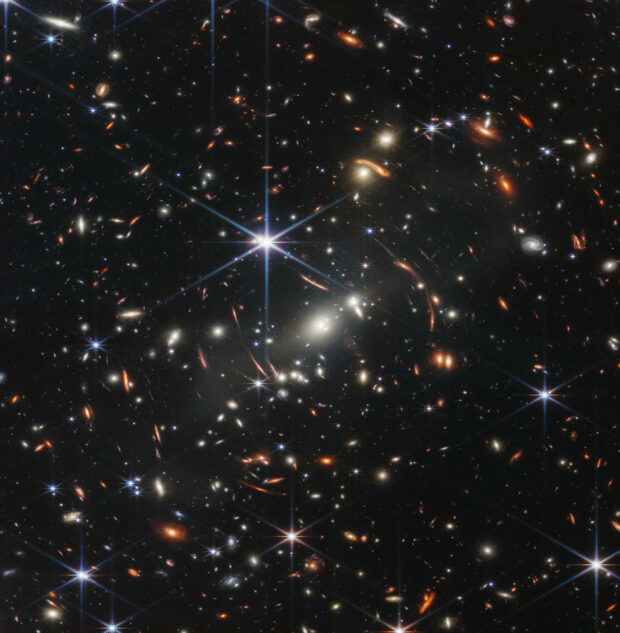
There’s a spectacular meteor shower, the chance to see the Moon passing close to all of the brighter planets of our Solar System, the Milky Way overhead and the possibility of noctilucent or ‘night shining’ clouds.
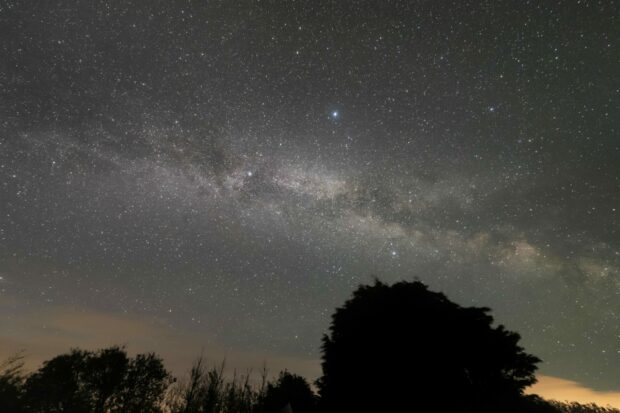
Look out for noctilucent clouds and possible meteors over the UK during the summer nights.
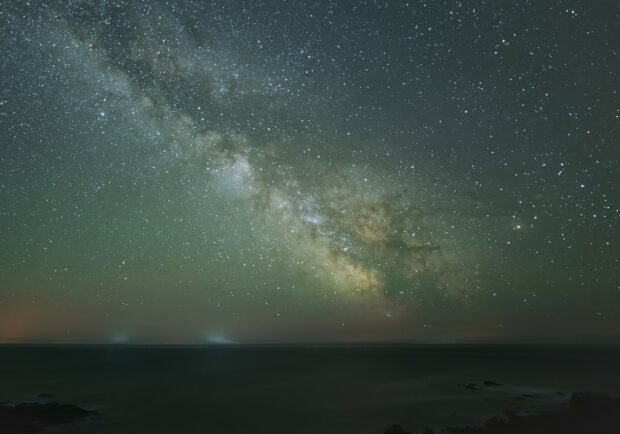
Stargazers can look forward to the summer solstice and noctilucent clouds this month.
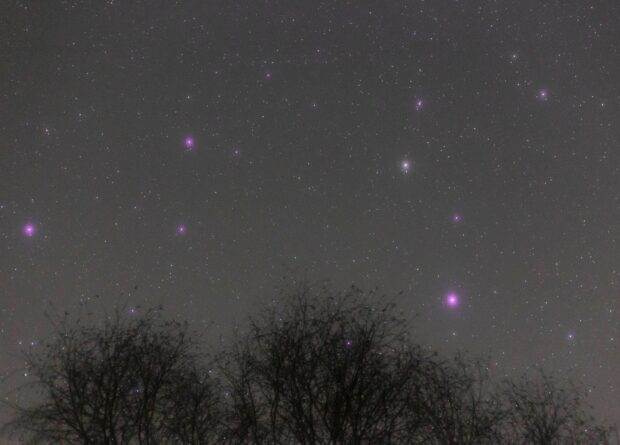
This month provides a lively meteor shower, a total lunar eclipse, and a conjunction of the planets, as well as the usual array of wonderful astronomical sights that spring brings.
We boost UK prosperity, understand the Universe, and protect our planet and outer space. Find out more.